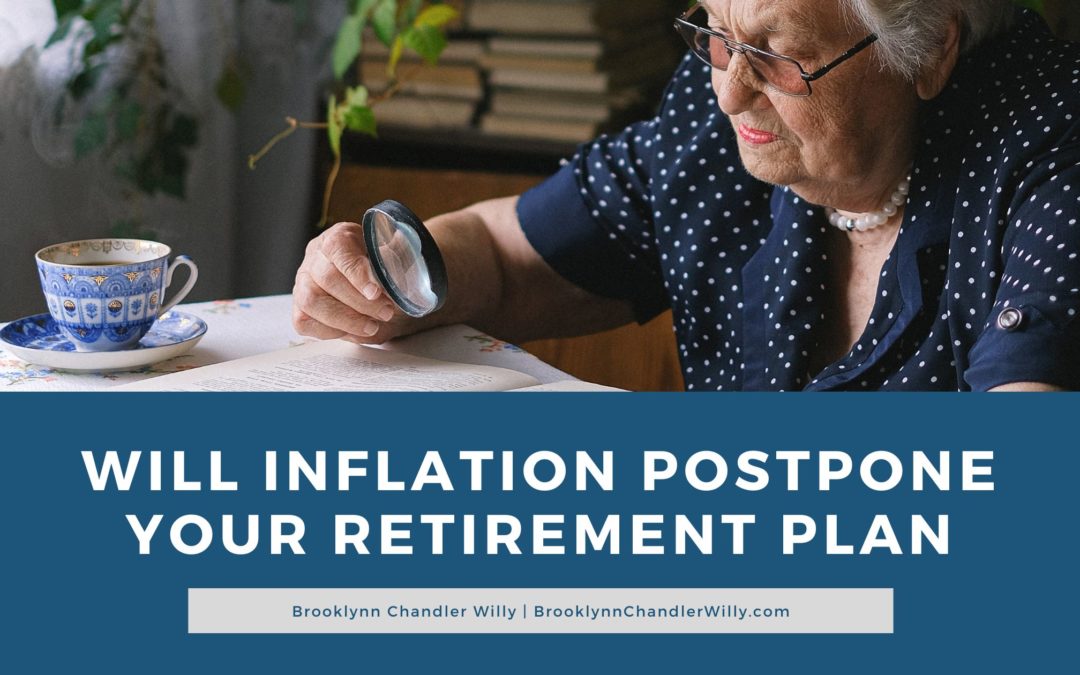Currently, Americans’ finances are going through a rough time as inflation raises prices on everything from rent to groceries to gasoline. As a result, 25 percent of Americans will have to delay their retirement, according to the BMO Real Financial Progress Index. The survey found that putting off retirement plans is primarily due to disrupted savings from increased prices.
In addition, thirty-six percent of survey respondents have reduced their savings, and 21% are putting away less for retirement to keep up with growing costs. With a current inflation rate of over 8 percent and hitting a 40-year high, on top of a stock market facing a double-digit percentage, people’s concerns aren’t misplaced. Younger Americans feel the most impact – over 60% of those aged 18-34 said they had to reduce contributions to their savings.
Why Inflation Matters
Inflation is how prices for goods and services increase across an economy. While a bit of inflation is healthy and acceptable, rapid growth or decline in prices can adversely affect the economy.
The rate at which prices change can impact many areas of the economy — influencing people’s purchasing power, economic growth, and raising or lowering interest costs on the national debt. Understanding and adequately monitoring inflation is just one key element to promoting a healthy, sustainable economy.
How to Combat Inflation’s Effect on Retirement
If your retirement plan and your budget after inflation are experiencing a decline, you may need to reconsider the timing of your workforce exit or the way you spend your money. The good news is that people are actively changing their budgets to combat rising prices. This quarter, more Americans are setting yearly budgets, writing down a financial plan to follow, and meeting with their financial advisors monthly. A few steps you can take are:
Reconsider spending habits
Rethinking significant purchases can be beneficial if higher prices make your retirement budget feel claustrophobic.
Work longer
Staying in the workforce has a massive effect of allowing you to save more for retirement, allowing your funds to continue to grow, and postponing withdrawals during what might be a down market.
Wait to collect Social Security.
The longer you wait to collect your Social Security benefits, the higher your benefits.
Conclusion
No matter which direction inflation eventually goes, the key is having a plan that can help you to live the life you want. Collaborating with a financial professional can help create a personalized strategy to combat inflation.
This blog/website is only made available for educational purposes. It is designed to give visitors general information and a general understanding of select financial topics. It is not intended to provide specific financial or investment advice. Conduct your own due diligence or consult a licensed financial advisor/broker before making any and all financial/investment decisions.

